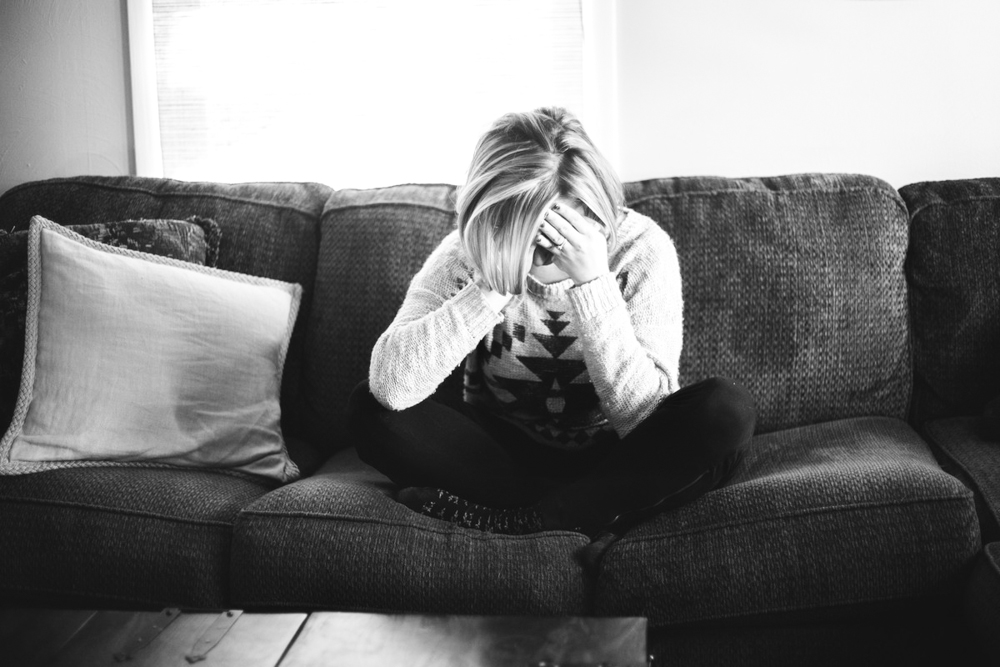Parenthood, Making An Impact And Not Being Perfect (It’s Okay!)
You’ve seen the movies, the books, and the television shows. You’ve scrolled through the Facebook posts and the Instagrams. You know what I’m talking about—the images of families that do not seem to look or act anything like yours. Just as you’re struggling to pay the bills, pick Cheerios out of your hair, talk to Johnny about his report card, dive into work after the kids go to sleep, keep up with your emails, and make that appointment with your therapist—a friend uploads a picture of her Pinterest-worthy DIY project!
There seems to be a push and expectation that parenthood is graceful and easy, and that you’ll raise wonderful kids if you do things “the right way.” Well, don’t believe your screens. You’re not alone. Life is, in fact, messy. And that’s a truth that often goes unposted because a filter just can’t make it look prettier.
Let this serve as your reminder that you’re not perfect. No one is.
Give yourself permission to be imperfect. You are human. And your kids are too.
Life gets messy because we simply are unable to control all the bits and pieces of it. Being a parent invites a tremendous amount of vulnerability but, as Brené Brown has reminded us, “vulnerability is the only accurate measurement of courage.”
Whether we like it or not, parenting will stir up our own wounds and scars. Our past experiences tend to grab the microphone in our head. When crisis strikes or when Johnny’s behavior is particularly challenging, that voice starts rolling. He’s doing this purposefully to bother me. He needs to be taught a lesson. Am I not a good parent? I’m not a good parent. Where did I go wrong? Do people think I’m a bad parent? You know what my parents would have done…
Many reactions may be based on the stories we’ve made up. The stories from our childhood. The stories that we’re not good enough. Stories that are based in shame and fear.
In her new book, Rising Strong (it’s a must-read), Brené Brown explains:
[Rising strong involves getting] honest about the stories we’re making up about our struggle, then challenge those confabulations and assumptions to determine what’s truth, what’s self-protection, and what needs to change if we want to lead more whole hearted lives.
The most difficult part of our stories is often what we bring to them – what we make up about who we are and how we are perceived by others… what makes [our stories] so painful is what we tell ourselves about our own self-worth and value.
In the midst of challenges and stress with your child, it’s important to unplug that mic and really look at where that voice is coming from. If you’re able to do that, you can be truly present with your child and better equipped to tackle the big feelings that both you and him are experiencing.
Reality check those Facebook posts and your expectations of perfectionism.
All any of us are really doing is the best that we can. And that’s more than enough.
Resources
Brené Brown’s The Power of Vulnerability TED Talk
What is Empathy?
Getting in your Child’s Shoes
FROM THE EDITOR
At Conscious, we are inspired by remarkable people and organizations, and so we set out to tell stories that highlight global initiatives, innovation, community development, and social impact. You can read more stories like this when you subscribe.



